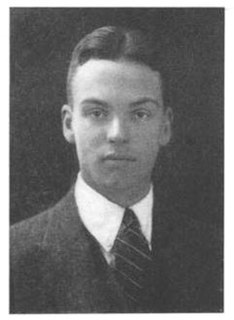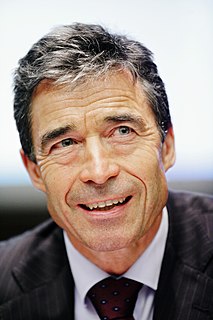A Quote by Aleksandar Hemon
Every writer owes something to a particular tradition he/she grew up in. But no serious writer - other than the militantly nationalist ones - would reduce his/her domain of influence to a single tradition. Furthermore, historical breaks are so common and large in Europe that there are ruptures in every tradition which then connect the same generations across national borders. Younger Eastern European writers, for instance, have more in common with other writers of the same age in Europe, than with the previous, communist-era generations in their own countries.
Quote Topics
Across
Age
Borders
Breaks
Common
Communist
Connect
Countries
Domain
Eastern
Eastern Europe
Era
Europe
European
Every
Furthermore
Generations
Grew
Grew Up
Her
His
Historical
Influence
Instance
Large
More
National
National Borders
Nationalist
Other
Owes
Own
Particular
Previous
Reduce
Same
Same Age
Serious
She
Single
Something
Than
Then
Tradition
Up
Which
Would
Writer
Writers
Younger
Related Quotes
The Anglo-American tradition is much more linear than the European tradition. If you think about writers like Borges, Calvino, Perec or Marquez, they're not bound in the same sort of way. They don't come out of the classic 19th-century novel, which is where all the problems start. 19th-century novels are fabulous and we should all read them, but we shouldn't write them.
But how can you speed up the transformation of society in a country as large as Russia? Those sounding the moral outcry are the ones who are trying to dictate their standards from the outside. Of course, that isn't the right way to go either. One cannot impose democracy from the other side of national borders, which is something we ourselves experienced during the communist era. The West's policies toward Eastern Europe, the Helsinki process - none of that really helped us.
It feels as though a very disproportionate number of main characters are writers, because that's what the writer knows. Fair enough. But nothing bothers me more in a movie than an actor playing a writer, and you just know he's not a writer. Writers recognize other writers. Ethan Hawke is too hot to be a writer.
I view the major features of my own odyssey as a set of mostly fortunate contingencies. I was not destined by inherited mentality or family tradition to become a paleontologist. I can locate no tradition for scientific or intellectual careers anywhere on either side of my eastern European Jewish background. I view my serious and lifelong commitment to baseball in entirely the same manner: purely as a contingent circumstance of numerous, albeit not entirely capricious, accidents.
As an undergraduate, I took two writing workshops taught by Elizabeth Hardwick. She was certainly a major influence, though more as a writer I greatly admired than as a teacher. As for other writers, I think it's safe to say that my work has been and continues to be influenced to one degree or another by every writer whose work I love and admire.
I guess when I was younger, I'd have assumed that in 2008 music would be full of great writers following in the tradition of the young great writers of the '60s and '70s, but it hasn't turned out that way, or at least there are no other writers around that I look at and think: 'Wow, I'm outclassed, I need to get out of this business.'
I always wanted to be a scientist. I don't really have any writer friends. The process of being a writer is much more interior than being a scientist, because science is so reactionary. I think that all research scientists think of themselves as belonging to a grand tradition, building on work that has been worked on since the very beginning of science itself. Whereas I'm not sure writers think of themselves in the same way.
I am concerned that Millennials are stressed out. They have a higher suicide rate than other generations at their same age. They have the highest diagnosis of depression at their age than other generations. I think we have raised a generation that does not know how to be sad. They are programmed for success and the threat of failure is devastating.
When tradition is thought to state the way things really are, it becomes the director and judge of our lives; we are, in effect, imprisoned by it. On the other hand, tradition can be understood as a pointer to that which is beyond tradition: the sacred. Then it functions not as a prison but as a lens.
I embraced Hinduism because it was the only religion in the world that is compatible with National Socialism. And the dream of my life is to integrate Hitlerism into the old Aryan Tradition, to show that it is really a resurgence of the original Tradition. It's not Indian, not European, but Indo-European. It comes from back to those days when the Aryans were one people near the North Pole. The Hyperborean Tradition.
Those who feel guilty contemplating "betraying" the tradition they love by acknowledging their disapproval of elements within it should reflect on the fact that the very tradition to which they are so loyal—the "eternal" tradition introduced to them in their youth—is in fact the evolved product of many adjustments firmly but delicately made by earlier lovers of the same tradition.





































